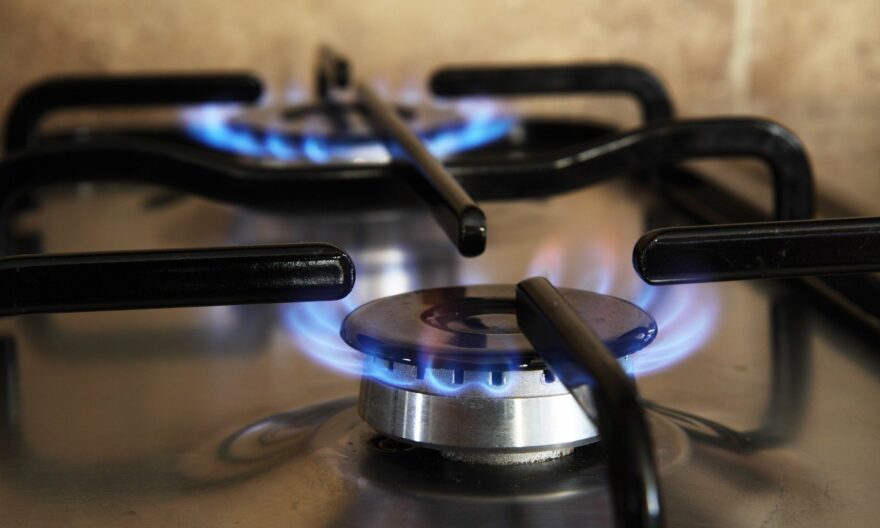
With the colder winter months quickly approaching, consumers are starting to think about the cost of heating their homes. But, with gas prices rising and predicted to increase further over the next few months, people are preparing for a sharp uptick in their heating bills.
Over the last two months, the cost of natural gas has skyrocketed. In fact, reports show that prices have doubled in the last six months, with an increase of 17% this month alone.
At the moment, utility companies pay $5 for 1 million British thermal units or mmBtus. This is approximate twice the cost of heating bills from last winter. And, there are no guarantees this won’t go even higher. Experts predict it could reach between $6 and $10.
With lockdowns around the world coming to an end, demand for gas has gone up, although supply has gone down. As demand continues to surge as the cold weather arrives and people heat their homes and businesses, this problem is likely to get worse.
According to the American Gas Association, the cost of natural gas is significantly higher in the US, and reports have shown a similar pattern in other countries.
However, for the majority of people, electricity is still more expensive. In fact, those relying on heating their homes with electric power will feel the effects more than those using gas, as most electricity generation plants are powered by gas.
How can consumers prepare for higher energy bills?
This increase in energy prices is concerning for consumers. With unemployment and debt already an issue worsened by the pandemic, it’s important to find ways to save money.
The first defense is to make sure homes are weatherproofed. For example, sealing window and door frames and adding weatherstripping is an affordable way to become more energy efficient.
In addition to this, replacing single-pane windows with double-pane windows can reduce the energy lost. This can be expensive but can save money in the long run.
Another option is to shop around to find the best energy deal. This is essential, as you can save a lot of money by switching to a cheaper supplier.



